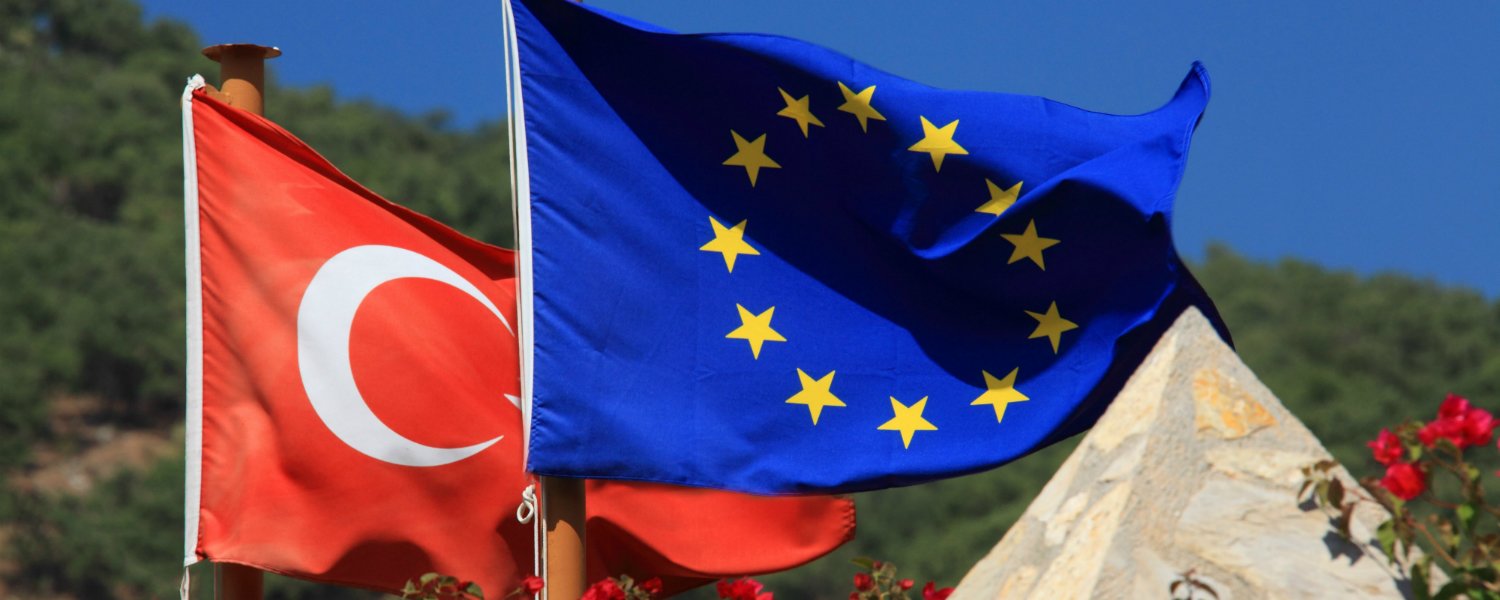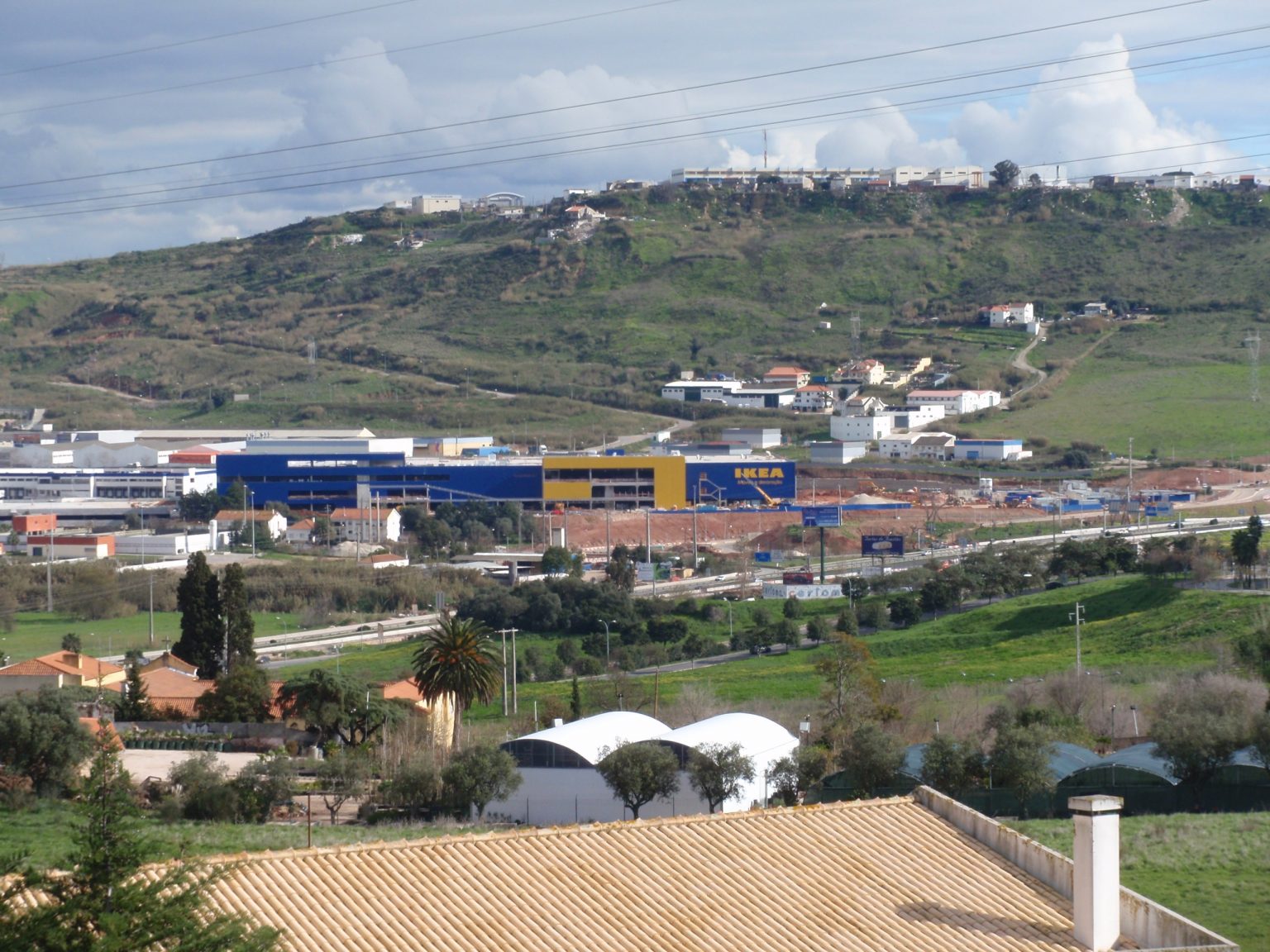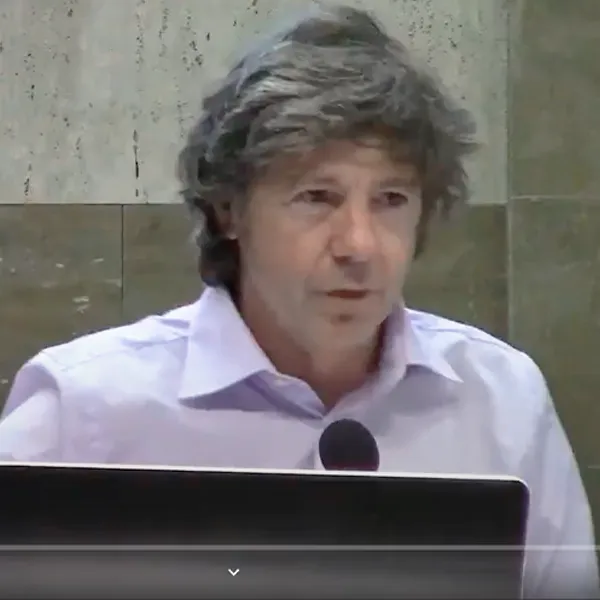Erdoğan got just what he wanted from the meeting in Varna. And if the nervously grinning Borissov gave him the podium, the carte blanche to unleash his dictatorial insolence was handed to him by the distinguished European guests.
The EU-Turkey meeting in Varna – the courageous foreign policy initiative of Boyko Borissov, the crown jewel of the Bulgarian Euro-Presidency – has come and gone. Before moving on to other topics – such as whether to believe KGB or MI5 on the Scripal case, and whether the “communist” secret services were actually not a club of intellectuals – the internet commentators and the media devoted about a day and a half to the event.
A lot was said about Borissov’s reprehensible servility, including the suspicions that it was mainly due to concerns about his personal well-being – perhaps in regards to his unofficial business adventures in the Middle East. Part of the service staff, of course, tried in television studios and editor’s offices to get a promising realist out of him, one who failed to turn the meeting into a new Reykjavik for reasons beyond his control. The fact that the representatives of the EU made it to the meeting with stuffed noses , was pointed out as indicative – but it is not clear exactly what was indicated.
In general, both the Bulgarian and the international press agreed the meeting was more or less ineffective – apart from the fact that it actually happened. The truth, however, is that Erdoğan got just what he wanted – an opportunity to venture onto a European podium from which he could wave a finger at the Brussels’ men in suits, smiling at him. The meeting in Varna was another adornment for his domestic propaganda, which is a far greater priority than ephemeral future EU membership. Getting the next billion EU cheque is also on his agenda.
Even if the nervously grinning Borissov gave him the podium, the carte blanche to unleash his dictatorial insolence came from the distinguished European guests. At the end of the day, why wouldn’t he call the students protesting against the wars he runs “terrorists”, if the human rights champions would only react with a toothless reprimand of how “Turkey should take the path of maintaining democratic standards”?
Why wouldn’t he show off with how many “terrorists” were destroyed in Syria after the President of the European Council limited his criticism of the invasion in Afrin to “we rely on Turkey to control its actions well”? Given this wording, Donald Tusk could actually stay calm – Turkey is well-managing the occupation of foreign territory, the crushing of the progressive, secular revolution that has evolved there, and the replacement of the local Kurdish population. Even the plunder and destruction attributed to Erdoğan’s undercover Islamist groups in the conquered territories is not exactly “poor ruling” if the goals are taken into consideration.
Under the rule of Recep Erdoğan, Turkey is rapidly becoming a fundamentalist dictatorship that brutally plunges all norms for democracy, law, freedom of expression and human rights. Dictatorship that has imprisoned and convicted tens of thousands of its enemies, including leaders of opposition parties, public figures and a record number of journalists. A Dictatorship that represses systematically entire ethnic groups and people with “enemy” political views – and not only within borders, but also abroad. A Dictatorship that occupies the territories of neighboring countries – and threatens to continue to do so; a dictatorship that uses jihadist thugs for its purposes while calling its victims “terrorists”; a dictatorship that is trying to use its diaspora to influence elections in other countries – including Germany. (Not to mention Bulgaria, where entire parties are under its direct command, and despite the cowardly foreign policy of Sofia, several Turkish diplomats have been evicted in recent years). The constant provocations like violating the airspace of neighboring Greece are among the smallest bumps of Erdoğan’s Turkey.
For all of the above, the Anatolian Sultan gets grumpy faces and muttering from the European leaders at the most – as they eventually turn to him with “my friend Erdoğan”. One would have thought that the power in Ankara has given the important people in the western capitals plenty of arguments to talk about the “Erdoğan regime” and to resort to their favorite sanctions. Sanctions that , given Turkey’s economic dependence on European markets, might be more effective than in many other cases where they have been applied.
This passiveness seems even more inconsistent considering that the same European countries and organizations are not afraid or scrupulous to impose sanctions and constantly furiously condemn Russia, which is nuclear power and major energy supplier. Be it because of the Crimean annexation, the support for separatists in Donbass, the alleged interference in all elections and referendums whose results are not of their liking, the closure and the killing of opposition and journalists, the “high probability” of Moscow to stand behind the increased death rate of Russian dissidents in the UK, the repression of people with different sexual orientation in Chechnya, etc. etc. The detection of a Russian reconnaissance aircraft in international airspace is also always a reason of at least one-day hysteria.
Erdoğan Turkey’s indictments on these indicators are either equivalent or significantly more severe than those of Putin’s Russia – but there are no sanctions. The rational (and vulgar) explanation is that Erdoğan holds the trigger of the refugee wave to the EU, so all European capitals are afraid to make Erdoğan angry.
Here, however, we must remember that these are mostly war refugees from wars that many of these European capitals have enthused on or even initiated. If European leaders had shown the same caution, calculus, and courtesy before harnessing their military, financial, and propaganda potential for “regime change” in Iraq, Afghanistan, Libya, and Syria, perhaps the despot Ergodan would have nothing to blackmail them with – and they would not have to make him happy. Their selective impotence burns the fires, the smoke of which now reaches them and makes them nibble.
As the pinnacle of cynicism and irony, Erdoğan’s Bashibuzuka in Syria – whose actions, in fact, only cause new refugee waves – is being channeled under the name of “Free Syrian Army”. The “free army” brand was legitimated in the media and political discourse by Western politicians, to overthrow the dictator Asad. Today the “free army” triumphantly waves Turkish flags and portraits of Erdogan on Syrian territory – ISIS and al-Qaeda members are walking alongside the groupings that received money and weapons from the West. And this is just one of many examples of how more terrorism is actually generated under the flag of a “fight against terrorism”.
The idea that European leaders are trying to maintain a relationship with Erdoğan’s Turkey as a compromise for the sake of the lesser evil somehow seems to be unconvincing when it comes to seeing the same European leaders refer to Saudi Arabia. This feudal oil leviathan has long surpassed all records of human rights violations, interference in foreign countries, and war crimes. If Erdoğan at least provoked glances, when the Saudi crown heir visited a western capital, he was met as the dearest guest. And he almost invariably leaves with a bag full of new weapons to use against weddings and funerals in Yemen.
In addition, Saudi Arabia is the main sponsor and distributor of the Wahhabi ideology – a flagship of radical Islam – including ISIS and many of the perpetrators of terrorist attacks in Europe. On this occasion, in a recent interview with Washington Post, the Saudi Crown Prince recalled cynically that “investments in mosques and madrassas overseas were rooted in the Cold War, when allies asked Saudi Arabia to use its resources to prevent inroads in Muslim countries by the Soviet Union”. The Prince has no reason not to be cynical because he knows how easy it was for Riyadh to buy a leading position in the Human Rights Council – although in this country, human rights simply do not exist. Obviously, in “big politics” morals and principles are just commodities to be sold. The Eastern geopolitical pole supporters also have little reason to do so – Erdoğan is a “friend” and a valuable business partner in Moscow lately, and the creeping Turkish occupation of Syrian territory happens with the passive approval of Russia.
Against the backdrop of this frustrating international parade of hypocrisy, Boyko Borissov’s quest to appease the powerful neighbor seems totally justified – although it is in principle very difficult to suspect the Bulgarian Prime Minister that his actions or omissions are driven by strategic planning and national responsibility. But even if our government was led by a man whose image did not impress an oxymoronic hybrid between a mafia boss and millet, the situation would probably not have been much more encouraging or dignified.
If any general conclusion can be drawn from the meeting in Varna, it is that the European elites neither want nor can stop the momentum of degradation on which they have pushed themselves. And if one could judge by the rest of their activities, they do not even seem to be trying to solve the problems – instead they lose their energy to point to someone else as guilty.










